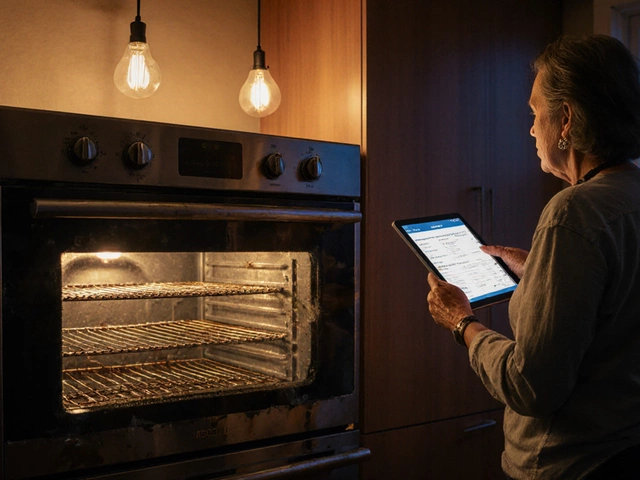If your radiators are cold or you hear strange noises, your boiler has probably decided to take a break. A boiler breakdown can feel like a disaster, especially when the weather turns chilly. The good news is that many common problems have easy clues and quick fixes. Knowing what to look for can save you time, money, and a call to an emergency engineer.
First thing – don’t wait for the whole house to freeze. Watch for these red flags:
When you spot any of these, pause what you’re doing and decide if a simple DIY step can help, or if it’s time to call a certified engineer.
Before you dial a pro, try these quick checks. They’re safe for anyone with basic tools and won’t void your warranty.
If any of these steps bring the heat back, great – you saved a call. If not, or if you see leaks or gas smells, stop there and call a Gas Safe registered engineer right away.
In Bognor Regis, a local boiler specialist can usually arrive within a couple of hours for emergency jobs. They’ll check the flame sensor, pump, heat exchanger, and any error codes on the display. An experienced tech knows which parts are worth repairing and when it’s smarter to replace the whole unit.
Remember, safety first. Never tamper with gas valves, ignite sparks near a boiler, or attempt to open the sealed heating circuit. When in doubt, call the pros – it’s cheaper than a fire or carbon monoxide incident.
Having a regular service plan also cuts down on surprise breakdowns. An annual check cleans the heat exchanger, tightens loose bolts, and updates the system’s firmware, keeping efficiency high and bills low.
So next time your boiler hiccups, run through the quick checklist, reset where you can, and call a qualified Bognor Regis engineer if anything feels off. With the right approach, you’ll stay warm and avoid costly emergency repairs.

If your boiler stops working, know who to call and what to do immediately. This guide covers emergency steps, how to find a Gas Safe engineer, repair costs, and how to prevent future breakdowns in the UK.

Discover when to worry about your boiler, warning signs to watch, and smart tips for safe use. Get practical advice to avoid major boiler headaches.

Deciding between repairing and replacing a freezer can be tricky. This article guides you through evaluating repair costs, expected lifespan, and energy efficiency before making a decision. It provides practical advice to help you make an economical choice, whether to fix or replace your freezer. Learn important factors to consider, like repair frequency and environmental impact, to ensure you spend wisely.

Replacing an extractor fan might seem challenging, but with the right tools and some guidance, it can be done efficiently. This guide outlines the process of replacing an extractor fan, from identifying signs it needs replacement to understanding how to choose the right model. Learn practical tips for handling installation and maintaining safety during the project. Make this task more approachable with easy-to-follow steps designed for beginners.

Find out when fixing a 15‑year‑old oven makes sense, compare repair costs with buying new, and learn safety, energy and environmental factors to help you decide.

Discover how much boiler service costs in 2025, what affects the price, what's included, and tips to save money while keeping your heating safe and reliable.

Plumbers can install extractor fan ductwork, but only electricians can legally wire them. Learn who to call for safe, code-compliant installation and how to avoid costly mistakes.